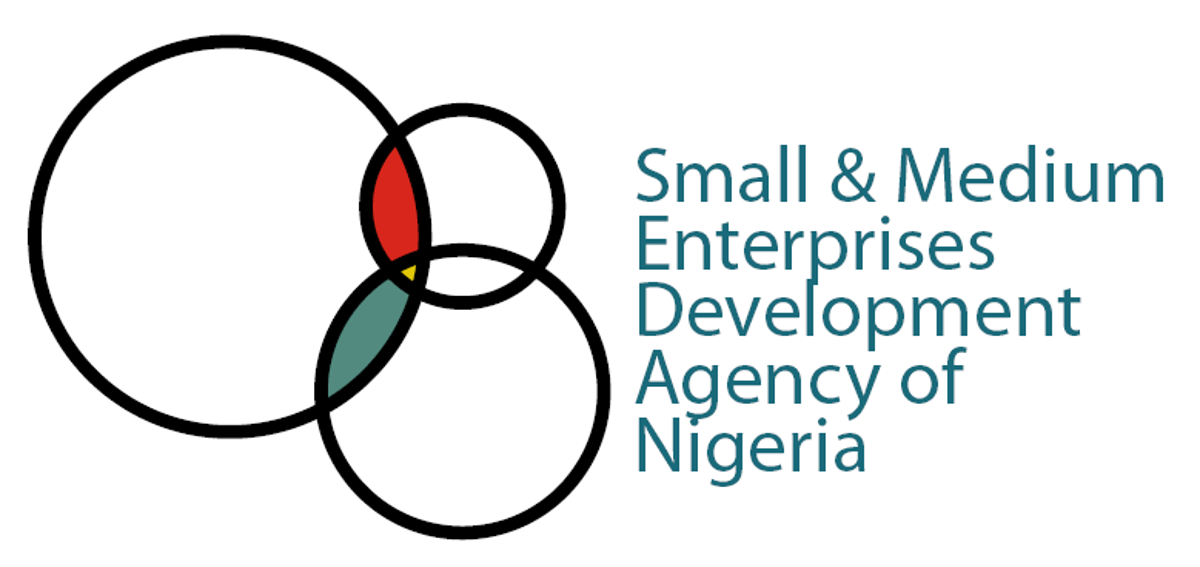Text of presentation by FISHER D.A., Representative of the Director General of the Small and Medium Enterprises Development Agency of Nigeria (SMEDAN), Dr Dikko Umaru Radda, at the 8th Nigeria Annual Transport Lecture organised by Transport Day Newspaper on Friday, May 21, 2021.
Contribution of Small and Medium Enterprises Development Agency of Nigeria (SMEDAN) to Transport and Allied Sector
INTRODUCTION
- MSMEs are defined as having 1-199 employees and an asset base of N1–N1 billion.
- There are currently 41.54 million MSMEs in Nigeria.
- Accounts for 80% of the total number of Enterprises in Nigeria
- Employs 75% of Nigeria’s total employment base
The sub-sector has been identified as one of the important elements to achieving the Nigerian Vision 2020.
| S/N | SIZE CATEGORY | STAFF COUNT | TURNOVER
(NM) |
| 1. | Ultra- Micro/ Micro Micro | 1 – 2 | Less than N3m |
| 2. | Micro | 3 – 9 | N3m – N25m |
| 3. | Small | 10 – 49 | N25 but less than N100m |
| 4. | Medium | 50 – 199 | N100m but less than N1 billion |
Findings from the 2017 National MSME Survey
- Number of MSMEs : 41,543,028
- Total No. of Micro Enterprises: 41, 469,947 (99.8 per cent)
- Total No. of SMEs: 73,081 ( 0.2 percent)
- Employment in MSMEs: 59,647,954 representing 86.3 per cent of the national workforce
- MSMEs contribution to GDP: 49.78 per cent.
- MSMEs contribution to Export: improved marginally to 7.64 per cent (from 7.27 per cent in 2013).
TYPE OF TRANSPORT ACTIVITIES
- Road Transport
- Rail Transport
- Water Transport
- Air Transport
Projects/Programmes Implemented
These studies, surveys, publications, partnerships tours and interfaces have enabled SMEDNAN to initiate and implement projects/programmes with particular bearing on the business prospects of auto-MSMEs across the country.
SMEDAN ACTIVITIES WITH TRANSPORT SECTOR
- National BMO Interface with National Association of Auto-Technicians(continuous)
- Skills Enhancement for 25 No. Auto-Mechanics at Kaduna (2009)
- Hosting of National Auto-testing Centre at IDC Zaria in collaboration with NADDC
- Establishment of Common Facilities Centre for Auto-components parts fabricators at TIC, Nnewi (2017/2018/2019-on going).
- Establishment of Common Facilities Centre for Auto-components parts fabricators at Kaduna.
IMPORTANCE OF TRANSPORT SECTOR TO MSMEs
- To generate large scale employment
- To sustain economic growth and increase export
- Making growth inclusive
- Promoting competitiveness and productivity in the MSME space
- Making the MSME sector innovative improving technology and depth
- Strong presence in export
- Improved managerial processes in MSMEs
Problems of technical and Environmental Nature in the Auto-Industry in Nigeria
Without overstressing the limiting factors in the Auto Industry, it is needful to highlight
from SMEDAN perceptive, some of the problems that will limit development in the subsector.
CHALLENGES IN THE TRANSPORT INDUSTRY
- Low technical and vocational capacities availability
- Unfriendly environment to bud auto-MSMEs
- Over-dependence on imported technology
- Insufficient data on manpower needs
- Attitude to manpower development by industries
- Poor state and coordination of training institutions/organisations
- Energy shortages
- Infrastructure challenges
- Insecurity of the environment
BUSINESS FORMALISATION
- Formalizing your business enables your enterprise to be recognized by Govt.
- This is done by registering your business with the corporate affair commission
- Various types of registration (Limited Liability or Business Enterprise)
- Ability to work with conglomerate etc.
MSMEs – CURRENT STATE
The majority of MSMEs are located in Lagos and Kano states as per below. This is due to the larger population in both States, awareness and exposure of nationals and the availability of ready markets.
SMEDAN at a glance
1. Information provision
- Raw Material
- Equipment
- Market
- Government regulations/Legal Requirements
2. EDS
- Training
- Counselling
- Mentoring
3. Networking/Clustering to promote competitiveness
4. Advocacy/improvement in the operating environment in partnership with others (public-private, public-public).
CONCLUSION
The progress of any society lies in the productivity of its citizens (MSMEs). Higher productivity gives a nation advantage of economies of scale and lowers the costs of production and prices of goods and services.
Nigeria should begin now to take very seriously interventions in the MSMEs subsector including investment in the transport sector, as no nation can compete effectively in the emerging global marketplace with poorly educated and unskilled workers.
The leading factors of production in the emerging global economy are said to be technology, knowledge, creativity and innovation.













